If there's one thing we learnt from the 2021 local elections, it's that safe seats really are a thing of the past in Wakefield
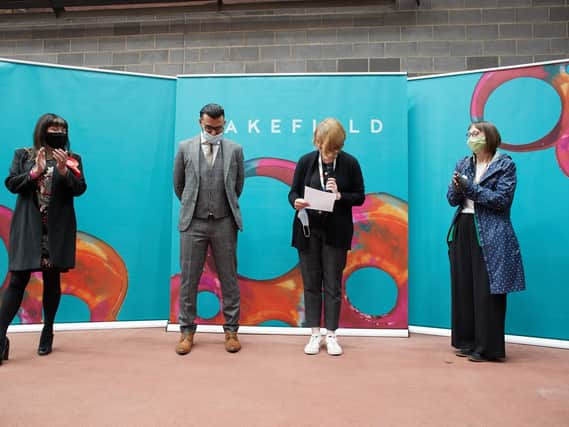

But there was more to it than that.
Local elections, generally speaking, are tricky terrain for the party of government.
Voters are often pretty happy to give whoever's occupying Downing Street a mid-term kick, and never moreso than during a time of crisis.
Advertisement
Hide AdAdvertisement
Hide Ad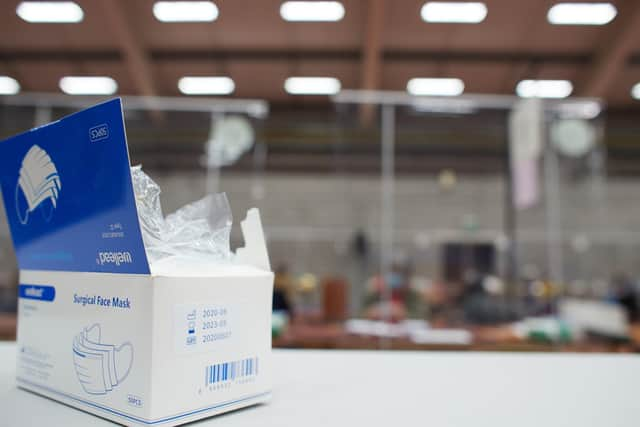

Bad showings in council polls for Tony Blair and Theresa May, after the Iraq War and Brexit referendum respectively, inflamed party unrest from which neither ever truly recovered.
Protest votes are common and fringe parties tend to do well.
This time, however, the election results defied convention to a degree and Opposition leader Sir Keir Starmer is facing mutiny.
Wakefield was unlikely to miss the national tilt towards the Conservatives, albeit local Labour members were quietly optimistic about limiting the damage beforehand.
Advertisement
Hide AdAdvertisement
Hide Ad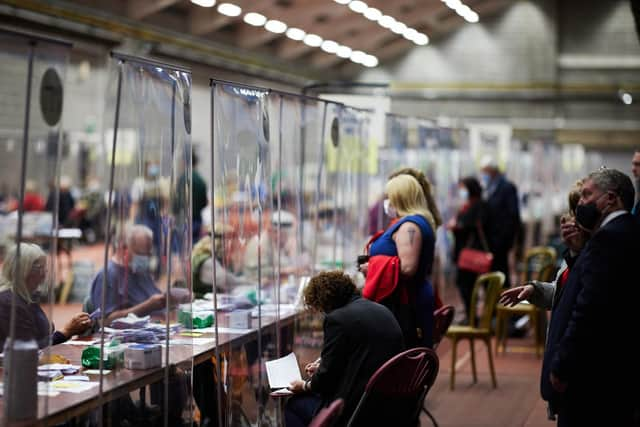

In some ways, as their group leader Denise Jeffery said on Monday, you could argue that maybe they did and they could have lost more than the seven seats they did.
Furtive glances were cast in the direction of Sheffield, where Labour rule collapsed and Tory councillors won seats for the first time in 20 years. The Conservatives won 51 per cent of the vote in the Hartlepool by-election.
Figures on both sides in Wakefield do at least agree on some of the factors.
"I think the result is a reflection of public opinion and people can see the government is delivering a very successful vaccination programme and has got a grip on things," Tony Hames said after being elected as the new Conservative councillor for Pontefract South on Friday.
Advertisement
Hide AdAdvertisement
Hide Ad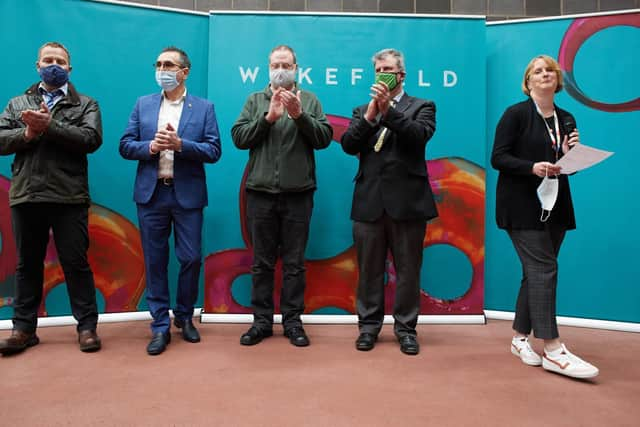

Meanwhile, Coun Jeffery concluded, "The NHS has done marvellously well with the vaccination programme.
"I think people ultimately were more interested in that and the national picture than our policies locally, but we'll carry on and fight back."
Wakefield East represented the ultimate upset, with the Conservatives electing what's thought to be their first ever councillor in the seat's history.
Labour had a majority of 1,400 votes here in the 2019 local elections, and though it fared badly in all seats where it had councillors standing down, the defeat here seemed like something from another planet.
Advertisement
Hide AdAdvertisement
Hide Ad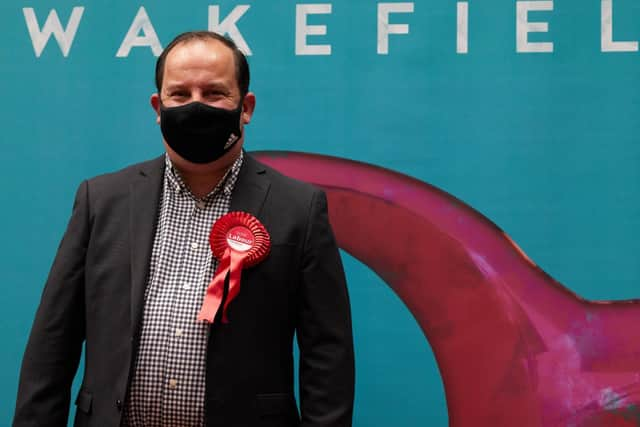

Even the city's Conservative MP, Imran Ahmad Khan, who was on the counting floor on Friday, mused how voters in the eastern Wakefield had remained largely loyal to Labour's Mary Creagh at the General Election, when he was elected at her expense.
A long-serving Labour councillor on her way out of Thornes Park Stadium drily noted that to call the Wakefield East result a shock was, "Putting it very mildly".
The Conservative mood at the count was as buoyant as would be expected, given the party now has its largest number of elected members in Wakefield since 2011.
A similar performance next year would put them in a position to mount a genuine challenge to run the authority, having never had control of Wakefield Council once during its lifetime.
Advertisement
Hide AdAdvertisement
Hide AdFor Labour however, scratch the surface and once the rubble has cleared, and a local party optimist may try to argue its position is not as bad as it feels right now.
With a couple of exceptions, in most of the seats it surrendered on Thursday, it was beaten only by a slither.
In most of the seats it retained, with a couple of exceptions, it was home and hosed pretty soundly.
Seats like Horbury and South Ossett and Stanley and Outwood East, which the Tories had hoped to take, remained in Labour hands.
Advertisement
Hide AdAdvertisement
Hide AdA potential minefield of a contest in Hemsworth was also negotiated comfortably in the end by the party.
Even in the safe Conservative ward of Wakefield South the party far from disgraced itself, to the point where one local Tory source admitted hours before the results that there was a degree of anxiety over the seat.
Which, along with Wakefield East and the Liberal Democrats' Knottingley coup, illustrates one of the key lessons - that no seat is safe anymore.
One recurring theme between the results in those two seats and in Horbury and South Ossett, is that the campaigns by the successful candidate - Akef Akbar for the Conservatives, Adele Hayes for the Lib Dems and Darren Byford for Labour - all drew quiet admiration from the other sides.
Advertisement
Hide AdAdvertisement
Hide AdIn all cases, opposition parties privately conceded that the winner had been visible and grafted for their community, or had at least shown enough to suggest they would if they were unproven. To one extent or another, all three results bucked a trend.
That's not to say for a moment that good, honest and clever politicians never lose their seats. Many do and did last week.
But the point is that vaccines and Labour's national leadership were not the only factors at play. Local matters and the records of the names on the ballot paper still mattered to many voters, as always it should at a local election.
The concept of heartlands where the main parties could simply take votes for granted is dying even faster than perhaps we thought two years ago.
Advertisement
Hide AdAdvertisement
Hide AdConversations on doorsteps between politicians and people have been absent for much of the last year for obvious reasons.
As they become more frequent again, they may find they're having to work harder for your vote with so much to play for.
If that's one legacy of the Covid election, then that's not a bad one.
Local Democracy Reporting Service
Comment Guidelines
National World encourages reader discussion on our stories. User feedback, insights and back-and-forth exchanges add a rich layer of context to reporting. Please review our Community Guidelines before commenting.